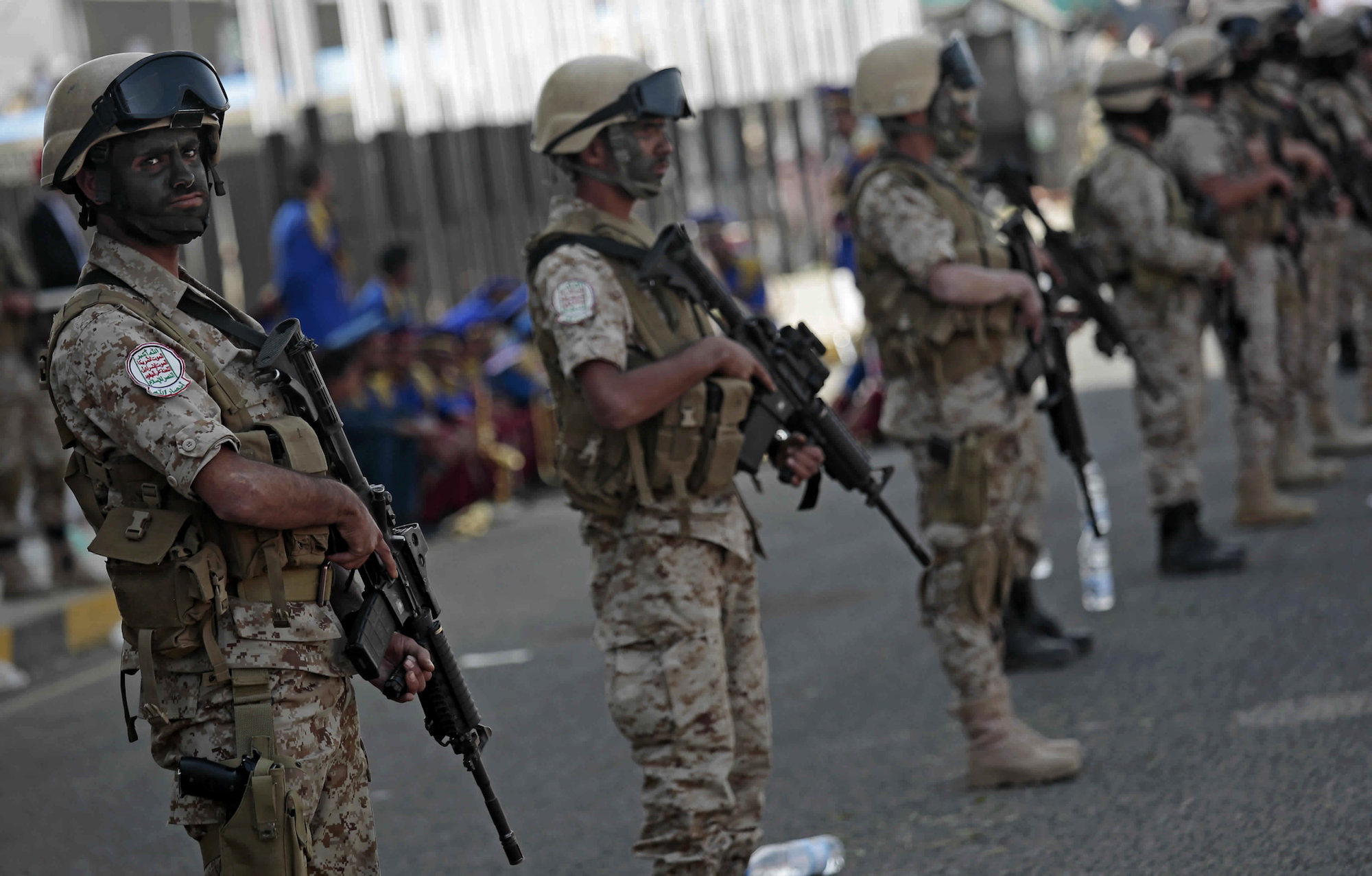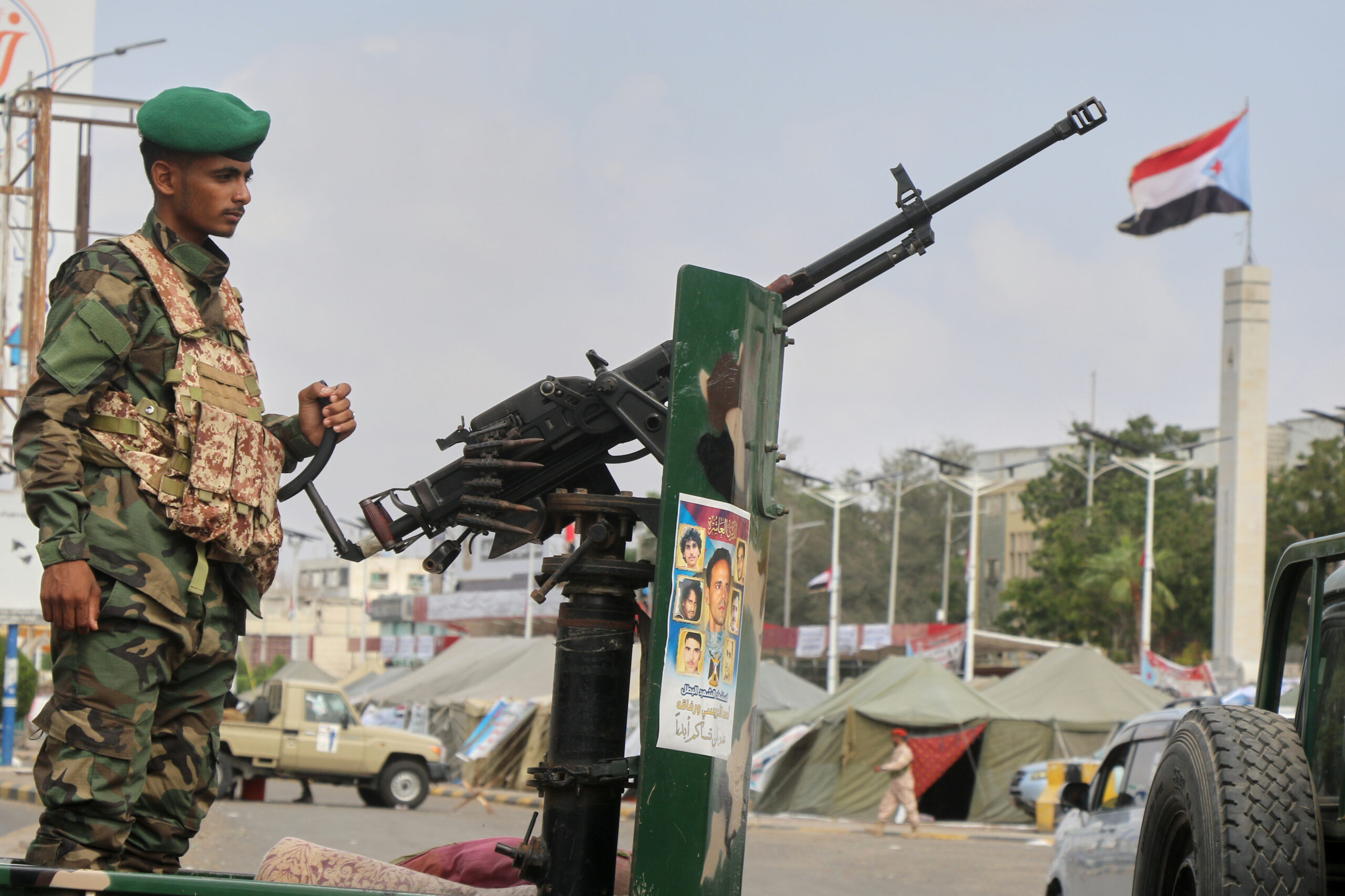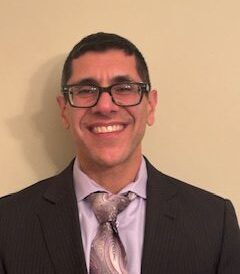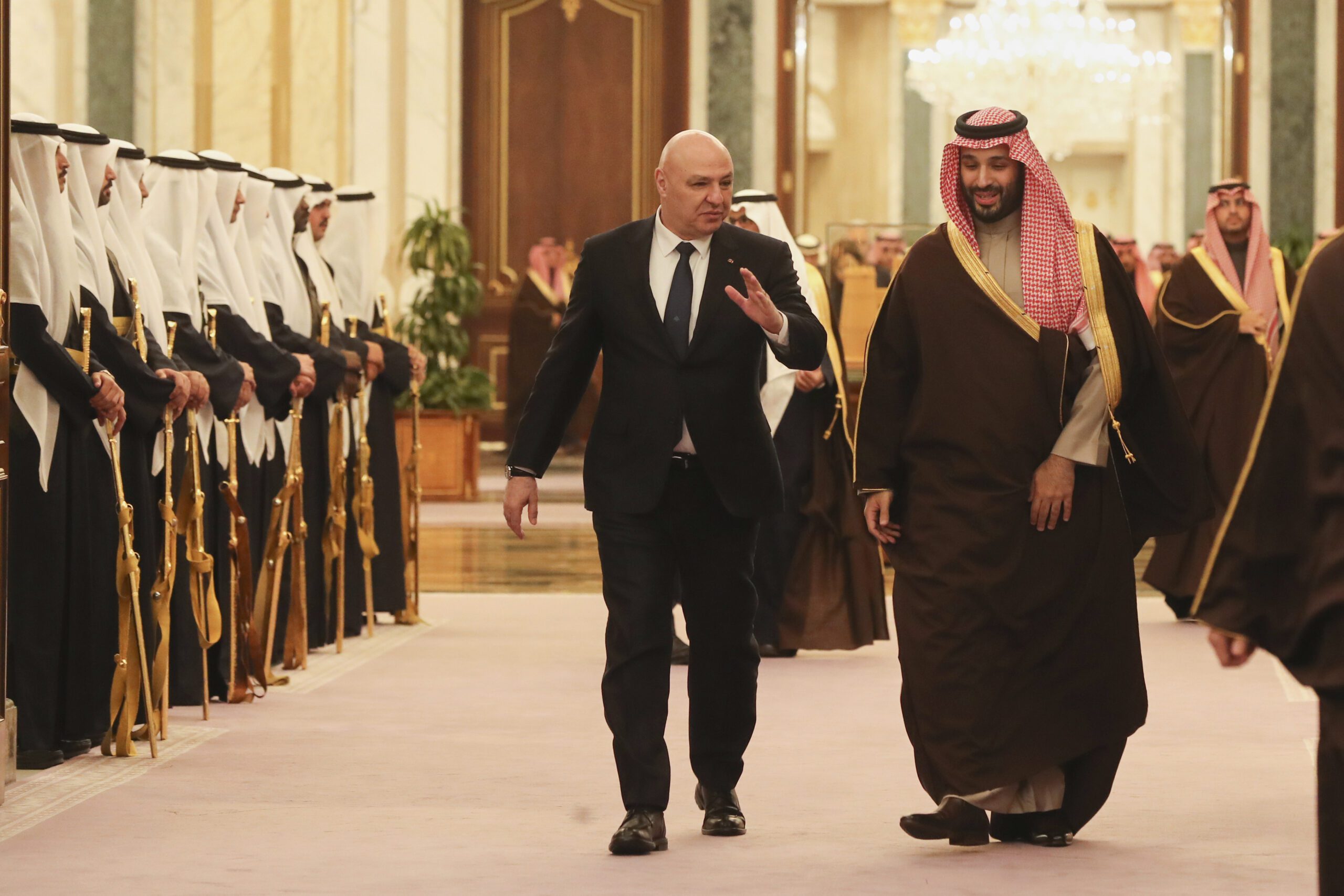Tehran’s Expendable Yemenis
Somewhere in Iran’s holy city of Qom the Islamic Republic is educating the next generation of Muslim revolutionaries: young people from all over the world lured to Iran by a mixture of idealism, adventure, and opportunism. This group of international students includes Yemenis, who are organized at the Association of Yemeni Theological Students Residing in...

Somewhere in Iran’s holy city of Qom the Islamic Republic is educating the next generation of Muslim revolutionaries: young people from all over the world lured to Iran by a mixture of idealism, adventure, and opportunism. This group of international students includes Yemenis, who are organized at the Association of Yemeni Theological Students Residing in Qom. The association’s list of alumni includes Hussein Badr al-Din al-Houthi, who was killed in combat with Yemeni security forces on September 10, 2004.
The Islamic Republic is not likely to dismantle its vast ideological and military training infrastructure for foreign students in Iran anytime soon. However, under extreme diplomatic and economic pressure from the United States, eager to persuade the European Union to keep the Iran nuclear deal alive, and perhaps with the Yemeni Houthis facing military setbacks, Tehran is now telegraphing interest in a cease-fire ending the civil war in Yemen.
Perhaps because of interest on the part of the U.S. administration to show strong support for its major regional allies, Saudi Arabia and the United Arab Emirates, the issue of Yemen has surfaced as a significant point of contention between Tehran and Washington. President Donald J. Trump has on numerous occasions expressed his concern about the behavior of the Islamic Republic, including “the threat the Houthis pose to the region, assisted by the Iranian Islamic Revolutionary Guards Corps.” Additionally, Secretary of State Mike Pompeo made demands regarding the Islamic Republic’s nuclear and ballistic missile activities, as well as its military involvement in the Middle East, including the war in Yemen. In the wake of Washington’s abrogation of the Iran nuclear deal, any of these issues could potentially lead to a military confrontation between the two adversaries.
The Europeans, who are interested in preserving the Iran nuclear deal, and preventing another war in the Middle East, are trying to persuade Tehran to make concessions to Washington. They have presented Iran with a long list of demands, including further curtailing its nuclear activities, severely limiting its ballistic missile program, and minimizing its regional military presence and ambitions.
Supreme Leader Ayatollah Ali Khamenei and the IRGC have already made it clear that Iran will not make further concessions concerning its nuclear activities impacted by the nuclear deal, and equally consider the ballistic missile program as a vital part of its national defense. In one field, however, Tehran is willing to make a compromise: Yemen.
For the longest time, the Islamic Republic authorities consistently dismissed U.S. allegations concerning Iran’s military involvement in Yemen. However, in November 2017, Major General Mohammad Ali Jafari, IRGC chief commander, acknowledged that Iran provides “advisory assistances” to its Houthi allies in that country.
On May 28, an Iranian delegation led by Hossein Jaberi Ansari, deputy foreign minister, arrived in Rome to meet with an EU delegation led by Helga Schmid, secretary general of the European External Action Service. Iran-EU negotiations took place behind closed doors, but the talks indeed revolved around developments in Yemen.
An EU official provided details to Reuters on May 29: “The Iranians have given indications that they are now willing to offer their services to liaise with the Houthis to move forward.” The official added that “The Iranians are now at least recognizing there is a channel. They obviously aren’t saying they control the Houthis and they never will, but they recognize they have a certain influence on them and are ready to use those channels. That’s new.”
There is another novelty in Tehran’s approach: The Islamic Republic appears to be willing to sell out the Houthi cause in return for European support against the pressure from Washington. The regime may have reached that decision because of difficulties arming the Houthis predominantly because of U.S. 5th Fleet patrols of the Gulf, and the very real risk of provoking a military conflict with the United States while trying to do so. Alternatively, Tehran may be using such a maneuver to buy the Houthis much needed time to reverse their fortunes in the war – to reorganize while giving Iran time to think of new ways to supply arms.
Only time will tell if Tehran is sacrificing its Yemeni allies or is engaged in a tactical maneuver to buy time to reverse its recent diplomatic, economic, and military fortunes. What is growing increasingly clear, however, is that Tehran appears to perceive its Yemeni allies as an expendable force.
The views represented herein are the author's or speaker's own and do not necessarily reflect the views of AGSI, its staff, or its board of directors.





















